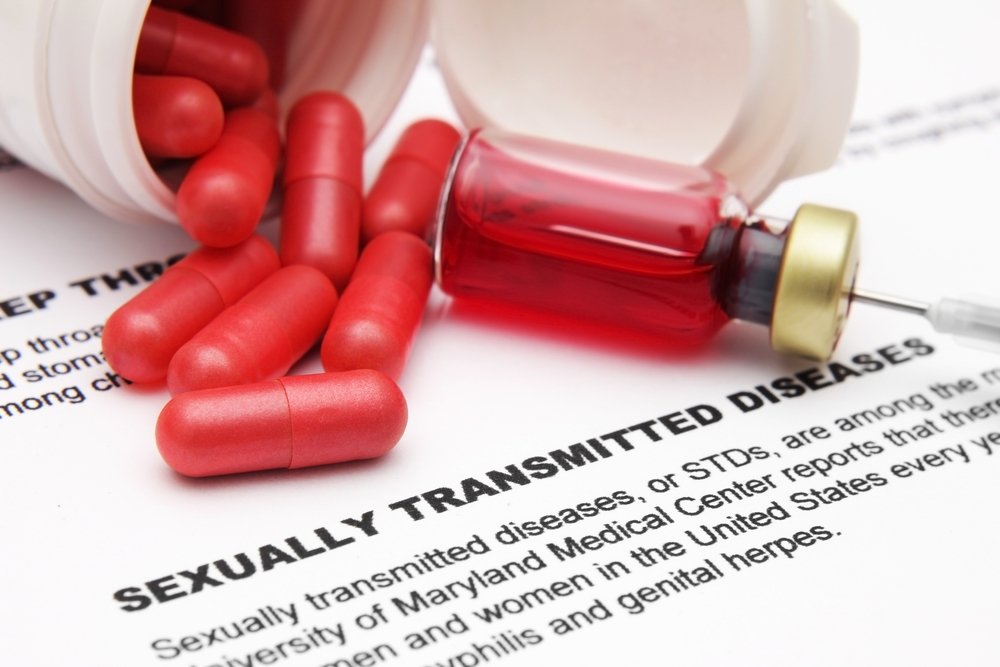Sexually transmitted diseases (STDs) are infections caused by viruses or bacteria that can be transmitted through anal, oral, or genital sexual activity with an infected person. Some diseases, like Hepatitis B, can also be transmitted through contact with infected blood via needles, razors, or other sharp objects. Taking precautions to prevent STDs during pregnancy is crucial, as certain infections can pass through the placenta and potentially harm your baby. STDs are dangerous and can lead to complications such as preterm birth, spontaneous abortion, or urinary tract infections.
Here are some of the most common STDs you should be aware of:
- Chlamydia
- Hepatitis B
- Herpes
- Syphilis
- Gonorrhea
- HPV (Human Papillomavirus)
- HIV/AIDS
It’s important to note that some STDs may not exhibit any symptoms, which is why it is essential to consult your doctor promptly if you suspect a possible infection.
So, how can you protect yourself from STDs during pregnancy?
While it can be challenging to completely eliminate the risk, there are steps you can take to minimize it. Using condoms consistently and correctly during sexual activity can help reduce the likelihood of transmission. However, it’s important to note that condoms may not provide complete protection against all STDs. The most effective way to reduce the risk of contracting STDs is by engaging in a monogamous sexual relationship with a partner who is also free of STDs. This ensures a lower risk of exposure.
Remember, open communication with your partner and regular check-ups with your healthcare provider are crucial for maintaining sexual health during pregnancy. They can provide guidance, perform necessary tests, and offer appropriate treatments if needed. By taking proactive measures, you can help protect both yourself and your baby from the potential risks associated with STDs.








